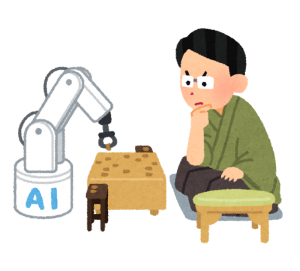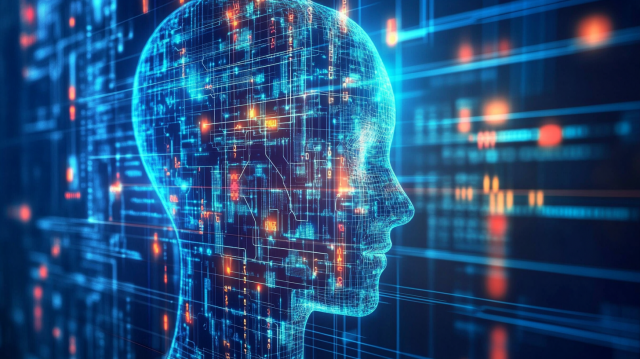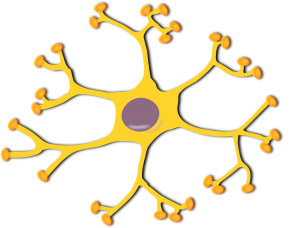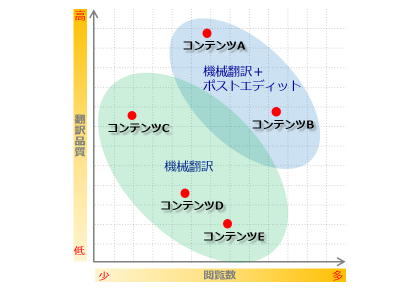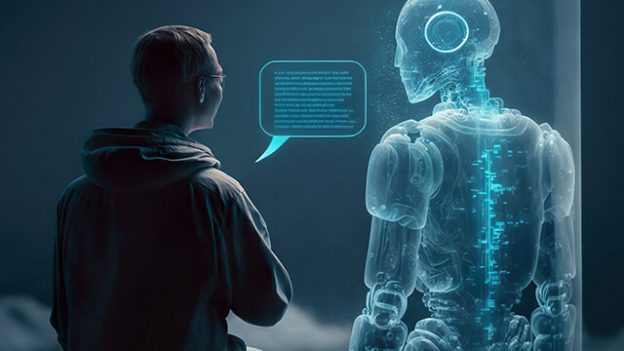Recently, news about "artificial intelligence" has been a hot topic.
"Artificial intelligence" refers to technology developed with the aim of enabling machines to perform judgments similar to those made by humans, such as seeing, hearing, associating, and solving problems.
Recently, there was news that Google's artificial intelligence "AlphaGo"
won a match against the world's strongest Go player.
"AlphaGo" is said to memorize "10 to the power of 360" possible game records,
and plays the move that seems most appropriate at the moment.
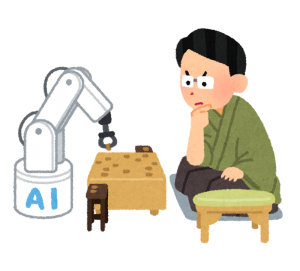
In this way, artificial intelligence capable of processing vast amounts of data is also applied to language processing technology.
IBM's "Watson" is a computer designed to further improve automatic question-answering technology,
capable of understanding human language.
It gained attention for repeatedly providing correct answers on a U.S. quiz show.
Recently, it has also become familiar through commercials featuring Ken Watanabe.
"Watson" has stored language data equivalent to reading one million books,
and by analyzing this vast amount of data,
it is said to derive the most appropriate response to a counterpart's statement, taking context into account.
In the future, it is expected to be utilized in customer service at places such as hospital receptions and support centers.
As represented by these examples, advanced thinking that was previously thought to be possible only by humans has begun to be replaced by automated processing by computers.
Services that incorporate such artificial intelligence into machine translation systems are also increasing.
For example, Microsoft utilizes the technology of artificial intelligence "machine learning" to provide real-time voice translation through its internet phone service Skype.
This service, called Skype Translator, allows the words spoken by the call partner to be displayed in real-time as text and audio.
Although the languages supported for voice translation are still limited,
the text translation supports 40 languages.
By using the technology of "machine learning," the machine analyzes and learns from the data used,
so the more users that utilize it, the more accurate the translations become.
Machine translation is currently considered to have difficulty in providing "contextual translations" like humans do,
but as research in the field of artificial intelligence progresses,
we may see the emergence of engines with entirely new mechanisms that perform translations similar to human translators.
Many of you may not have yet taken the plunge into implementing machine translation, but,
the technology surrounding machine translation is advancing day by day.
As you consider the introduction of machine translation, staying updated with the latest information will likely become increasingly necessary in the future.
Human Science will continue to provide the latest engine information and technical updates on this blog!

